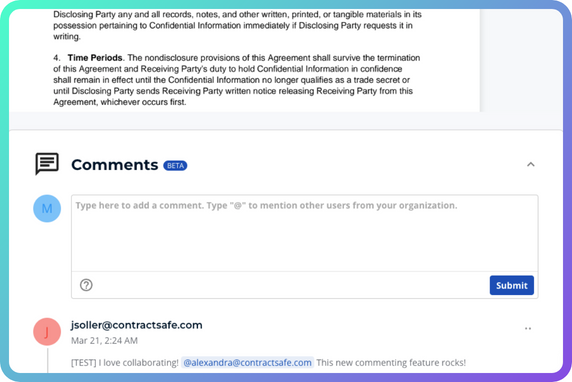What does Conditions of the Contract mean?
Depending on the context in which the term is used, a condition of the contract can have a couple of different meanings. In its simplest form, a condition of the contract is a requirement or term of the contract with which one or both of the parties must comply.
In other contexts, a condition of the contract refers to an uncertain future event which, if it occurs, affects the obligations in the contract. When such a condition occurs, the entire contract is sometimes voided. In other instances, an obligation of one or both of the parties may be enlarged, reduced, or created. Conditions of the contract can be express or implied.
- Express condition – express conditions, which are relatively common, are explicitly stated in the contract. An example familiar to many is a financing contingency in a real estate contract. The condition states that the completion of the sales agreement will occur only if the buyer is able to obtain financing. Therefore, if the buyer does not obtain financing, the sale will not close.
- Implied condition – an implied condition is not specifically stated in the contract, but the law may presume that certain conditions must exist. For example, if a horse breeder agrees to sell and deliver a specific mare to a buyer, but the mare dies before the delivery date due to no fault of the seller, the seller will generally not be in breach. The law reasonably implies the condition that the animal must be living.
Get Started with ContractSafe Today





